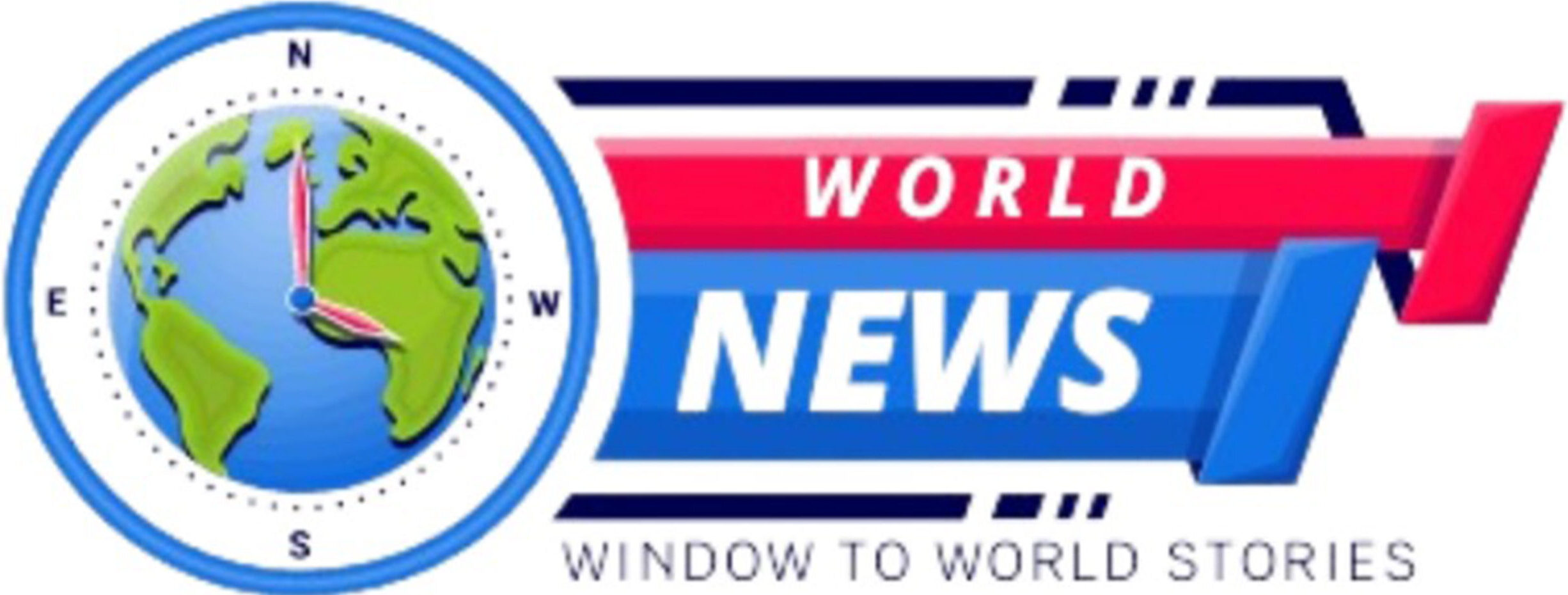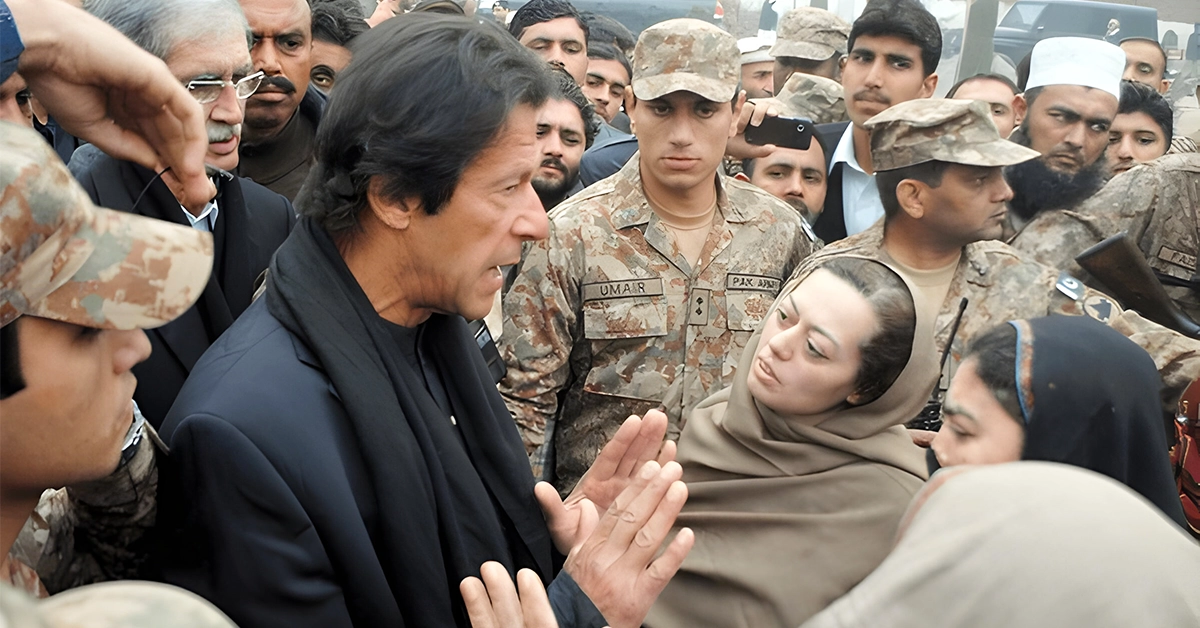[ez-toc]
Imran Khan! The fantastic cricket star turned politician. Imran Khan has had dynamic relationships with the Pakistani military, mostly controversial ones. The most famous question people raise is, “Is Imran Khan the Pakistani military’s favorite son?”
Well! It is a complex question that requires a clarifying explanation of his interactions with the military establishment from the early 1990s to the present.
Read the complete article to satisfy your curiosity about Imran Khan and the military’s relationship.
Early Career and Political Entry
Imran Khan became famous due to his outstanding cricket career and became the most favorite and popular among Pakistanis when he led up to Pakistan’s World Cup victory in 1992. It was a great achievement. This achievement made him a national hero. He was admitted as a superb national hero, including within the military ranks. He entered politics in 1996 with the formation of Pakistan Tehreek-e-Insaaf (PTI). His entrance didn’t immediately make him loveable to the military establishment, which has traditionally been unsure about new political entrants challenging the status of existing conditions. It all happened during the years from 1992 to 2000.
The military was under General Pervez Musharraf at that time. At that time, its priority was dealing with the confirmed political extractions of the Pakistan People’s Party (PPP) and Pakistan Muslim League-Nawaz (PML-N). Imran Khan’s PTI was in its developing political phase and did not significantly threaten military interests.
Building political control
Imran Khan built political control from 2000 to 2010. At the beginning of the 2000s, relations between the military and Imran Khan stayed neutral. PTI won a single seat in the national assembly elections of 2002. It was a very mediocre success. At the time, the military was also heavily involved in politics to support Musharraf’s rule. Imran Khan’s independent political view was highlighted in 2008 when he criticized the Musharraf administration and decided to boycott the 2008 elections.
Even with this, Khan’s calls for justice and against corruption started to resonate with a wider range of people, including some members of the armed forces. His opposition to the difficult-to-manage political nobility began to coincide with the military’s sporadic dissatisfaction with civilian politicians, laying the groundwork for future collaboration.
Rise to fame:
Imran Khan gained huge popularity from 2011 to 2018. In 2011, PTI gained considerable momentum. This year was the turning point in Imran Khan’s political journey. PTI became a challenging political party with growing support and large rallies. Many people responded positively to his anti-corruption view and called for responsibilities, including the military institution, which had objections about the civilian administration’s management.
In the elections of 2013, the PTI had become the second-largest party. Although Imran Khan didn’t win the premiership but gained immense popularity, and the growing influence of PTI indicated a shifting political landscape. It was when Imran Khan maintained a critical view against the government while being more calm towards the military on national security and anti-terrorism efforts.
Prime minister
A new phase of the relationship between Imran Khan and the military started when Imran Khan became prime minister of Pakistan in 2018. The 2018 elections were controversial, with allegations of military interference to ensure the Victory of PTI. Judges and many opposition parties blamed the armed forces for backing Khan to dilute the standard political nobility.
The government of Imran Khan is often known as a “hybrid government.” It was seen that the military silently supported the government of Imran Khan.
During his government, Imran Khan’s relationship with the military seemed cooperative. He supported the military’s views on prime issues such as India, Kashmir, and Afghanistan. The connections between the civil and military were evident in security policies and the handling of the economy. However, this establishment was not without its challenges. Backbiters claimed Khan’s dependence on armed forces damaged civilian power and democratic means.
The honeymoon period began to weaken towards the end of his term. Disagreements on main appointments, especially inter-service intelligence (ISI), and governance issues began to appear. Other than these tensions, the overall relationship remained functional, with both sides needing each other to maintain stability and control.
Post-premiership and rising tension:
The ejecting of Imran Khan from office in 2022 with a no-confidence vote marked the beginning of an aggressive phase in his relationship with the military. He blamed the military establishment for his ejection from the post. This blame weakened his relations with top insolence. After his post-removal, he led massive protests and demanded early elections. He positioned himself against the military’s perceived role as a political guide. The political face in Pakistan became increasingly polarized. The supporters of Imran Khan blamed this on a military-civilian planning to expel their leader. He criticized the military’s involvement in politics, which further enhanced tensions.
Despite this tremendously bad relationship, Khan continued to enjoy substantial public support. He used his popularity to challenge military influence. His description of being a victim of military interference resonated with many, complicating the military’s position.
The question of whether Imran Khan is the Pakistani military’s ‘favorite son’ does not have a straightforward answer. Phases of cooperation and contention have characterized his relationship with the military. Initially seen as an outsider, Khan gradually became an important political player whose interests occasionally aligned with the military’s objectives. A cooperative relationship marked his premiership, but this association faced challenges towards the end of his term and post-ouster.
Imran Khan’s journey from a national cricket hero to a political leader with irregular relations with the military reflects the complex dynamics of Pakistan’s civil-military relations. His ability to guide these relations has been a primer to his political career, defining the delicate balance between civilian authority and military influence in Pakistan’s political landscape. Whether he remains the ‘favorite son’ is a question that continues to evolve with the country’s shifting political currents.
FAQs(Frequently Asked Questions)
Q: How did Imran Khan’s relationship with the Pakistani military begin?
Answer: After his cricketing success in the 1990s, his relationship with the military began to evolve and gradually became more important as he joined politics in 1996.
Q: Did the military support Imran Khan’s rise to power in 2018?
Answer: Many analysts believe the military supported Imran Khan’s rise in 2018, as allegations of military interference to ensure PTI’s victory were general during the elections.
Q: What were the main points of cooperation between Imran Khan and the military during his premiership?
Answer: During his premiership, Imran Khan and the military cooperated on critical issues like national security, foreign policy regarding India and Afghanistan, and economic management.
Q: How did Imran Khan’s relationship with the military change post-2022?
Answer: After being ejected in 2022, Imran Khan blamed the military of complicity in his removal, which increased tensions and a more aggressive relationship.
Q: Does Imran Khan still have public support despite his strained relationship with the military?
Answer: Imran Khan continues to enjoy significant public support, leveraging his popularity to challenge the military’s influence and position himself as a victim of military interference.
Also Read: WaPo Threatens Layoff if it doesn’t Hit Buyout Targets

